Though I’m not linking them specifically to any MDiv outcomes or anything like that, I’d like to share with you a couple of blog posts I’ve written for Jeff Childers’ Readings in Christian Spirituality class this semester. They’re fun, and I feel like they reflect my interests and writing style well. Plus my husband likes them. And that’s reason enough, right?
I’ll tag them all with “RCS blog post” so that you can see them all together. And I won’t tag them as part of my Senior Review, so if you’d like to avoid them, you can click on that tag and they’ll simply disappear. Handy, no?
First up is a reflection on a snippet from the Penitential of Cummean, which was part of our reading about Celtic Spirituality. I hope you enjoy!
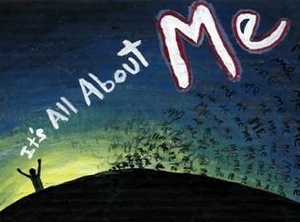
Nestled among the various instructions of the Penitential of Cummean is the following command:
He who is silent about a brother’s sin, which is a mortal one, shall rebuke him with confidence, and shall live on bread and water for the same length of time that he was silent.
(8.19, pg. 240 in Celtic Spirituality)
Yes, you read that right. If one brother sins and another does not call him on it, the second brother has to do penance.
Many of our individualistic hearts and minds surely rebel against such a thought. It is, after all, the sin of another that is being discussed, is it not? And why should I have to repent for another’s sin? That does not seem fair or right! The instructions may seem to make very little sense.
But if we look even briefly at the context of this command, we might come away with a different perspective. The directive is located in the midst of a section on pride, and a number of the other instructions in this section deal with the proper and improper confession of sins, including those that are not one’s own. Informing the section is the biblical injunction, found in Matthew 18:15-17, to speak the truth about sin to an errant one (and the surrounding community if necessary). And the penitential also includes in 8.22 directions for the one who has gotten things out of order, informing another member of the community about the sin before speaking directly and privately to the sinner himself. It seems, then, that the community following this penitential placed a high value on the instructions of Matthew 18 and viewed negligence of them as a sin demonstrating pride.
Some in our own time might balk at this idea. Pride…? Connected to not speaking about another’s sin? How does that make sense? Doesn’t it seem more likely that actually saying something about the sin would evidence more pride, likely tied up in a judgmental nature or hypocrisy? Well, perhaps. Our experience says this may be the case for some. But perhaps not.
The sin referenced here is, after all, a mortal sin. Such a sin will destroy this brother, cutting him off from God and condemning him to hell if not repented and forgiven. This is no trivial thing. The weight of the mortal sin persists, and it must be addressed. And if another knows about it, this is his responsibility. If this second brother is tempted to gloat, to disparage, and to scorn the first brother, procedures are set forth elsewhere to deal with this second brother’s prideful temptation and sin (e.g., 8.3 and 8.14-15).
This particular passage, however, is designed to deal with another kind of reaction: the prideful prioritizing of one’s own peace and comfort over the welfare of another and the community. This kind of pride allows another continue in sin simply because it makes things easier for me. It doesn’t disrupt the balance of life and relationship. It doesn’t require me to make myself and the other person uncomfortable. It doesn’t require the hard work of discernment, communication, and resolution. It lets things continue as they are because, after all, it’s not my fault; I’m not the one who’s sinning. It’s a “live and let live” attitude. But it doesn’t work in community. And it doesn’t work in the Kingdom.
What’s required instead is the willingness to set aside my own desires, my own convenience, and my own safety for the sake of my brother and the community of faith. Yes, it is hard, and I will not always succeed. When I don’t, I will repent my sin and pledge to live more faithfully by making myself uncomfortable for your sake, for our sake, for God’s sake. And when I do—and when you do—we are made stronger as individuals, stronger as a people, and stronger as God’s church. This is what Matthew 18 and the Penitential of Cummean call us to.
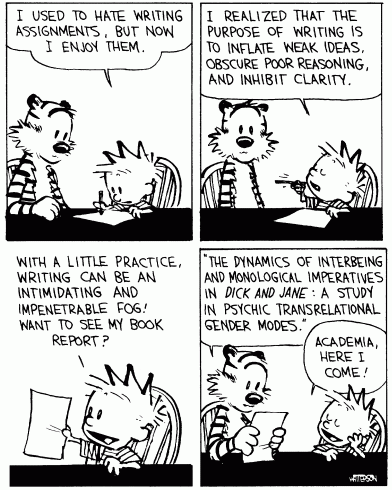



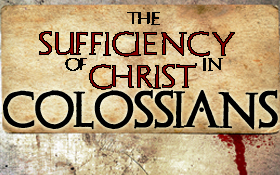
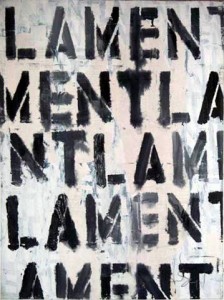
 This experience has helped me jump the biggest hurdle of all: finding my own voice. And I’m not the only one who’s found my voice. Whether she wants it or not, so has the church. God grant that she may find the voices of many other daughters.
This experience has helped me jump the biggest hurdle of all: finding my own voice. And I’m not the only one who’s found my voice. Whether she wants it or not, so has the church. God grant that she may find the voices of many other daughters.


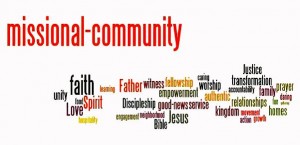










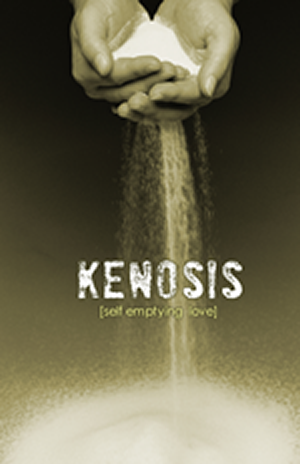



Laura on Pathways — Spring 2010
3:21 pm, 04.21.10
Still working on that one… Or at least hoping to. There’s not enough time in the day to get everything done that I seem to have taken on myself this semester. A lesson learned for the next time around…